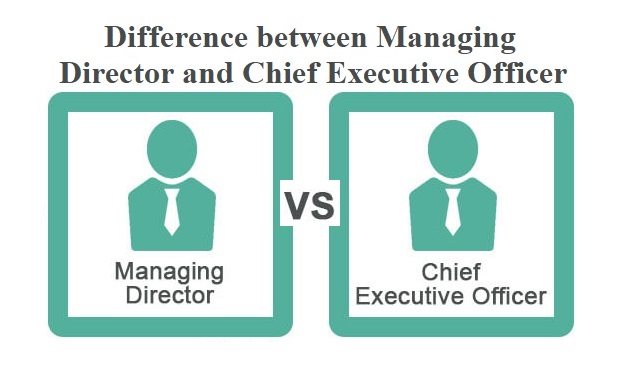Managing director and chief executive officer roles are crucial in ensuring the smooth functioning and strategic direction of an organization, with the CEO providing overall leadership and the managing director handling day-to-day operations.
Managing Director
Position: Typically reports to the CEO and is part of the board of directors.
Responsibilities:
-
- Oversees day-to-day operations, including sales, marketing, customer service, production, and finance.
- Develops corporate strategies to meet short-term and long-term goals.
- Manages personnel and ensures adherence to HR policies.
- Oversees communication with stakeholders and represents the organization at public events.
- Monitors the organization’s financial performance and budgeting.
Accountability: Responsible for the daily operations of the organization and accountable to the CEO and shareholders.
Public Role: Not typically a public-facing role.
Chief Executive Officer (CEO)
Position: Part of the C-suite and reports to the board of directors.
Responsibilities:
-
- Develops and implements strategies to meet the organization’s short-term and long-term goals.
- Oversees communication with stakeholders and takes part in public events.
- Coordinates with the board of directors and other executive members to ensure the organization’s success.
- Manages the organization’s financial performance, including budgeting and reporting.
- Sets standards for organizational performance and holds senior executives accountable.
Accountability: Ultimate authority over all operations within the corporation and accountable to the board of directors.
Public Role: Often serves as a public spokesperson and is more visible in media and public events.
Key Differences
-
Scope of Responsibility
A managing director is responsible for a specific business unit, while the CEO oversees the entire organization.
-
Authority
The CEO reports to the board of directors, while the managing director reports to the CEO.
-
Public Visibility
The CEO is more public-facing and accountable for the overall performance of the organization, whereas the managing director is less visible and focuses on internal operations.
The Compensation Packages of Managing Directors and CEOs Compare
CEOs have significantly higher total compensation compared to managing directors, with a greater emphasis on long-term, performance-based pay. This reflects the CEO’s ultimate responsibility for the organization’s overall strategic direction and shareholder value.
Compensation Differences
Base Salary
- CEOs typically have a higher base salary than managing directors. CEOs are the highest-ranking executives and their base pay reflects their greater authority and responsibilities.
- Managing directors’ base salaries are generally lower as they report to the CEO and have a more limited scope of responsibilities focused on day-to-day operations.
Short-Term Incentives
- Both CEOs and managing directors receive short-term incentives or annual bonuses, but the targets and amounts can vary.
- CEO bonuses are often tied to overall company performance metrics like revenue growth, profitability, and shareholder returns.
- Managing director bonuses may be more focused on the performance of their specific business unit or division.
Long-Term Incentives
- Long-term incentives make up a larger portion of CEO compensation compared to managing directors.
- CEOs are typically granted more stock options, restricted stock, and performance shares that vest over 3-5 years.
- This aligns CEO pay more closely with long-term shareholder value creation.
- Managing directors may receive some long-term incentives, but to a lesser degree than the CEO.
Benefits and Perquisites
- Both roles often include similar benefits like health insurance, retirement plans, and paid time off.
- CEOs may have additional perks like company cars, financial planning services, and first-class travel accommodations.
- Managing directors generally have a more limited set of perquisites compared to the CEO.













+ There are no comments
Add yours